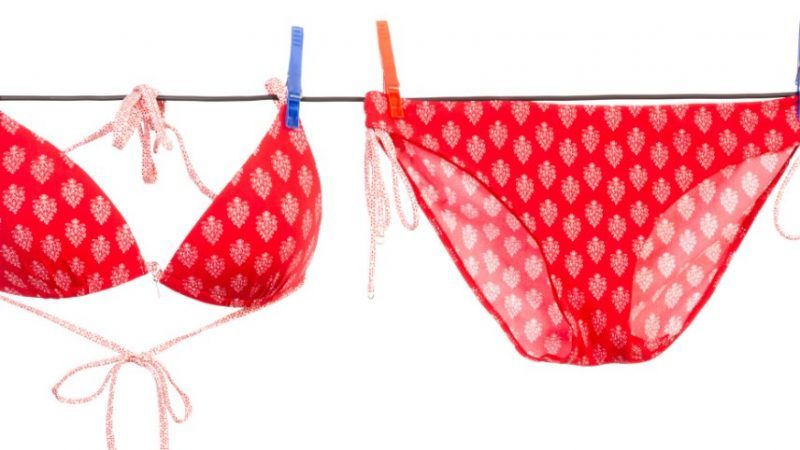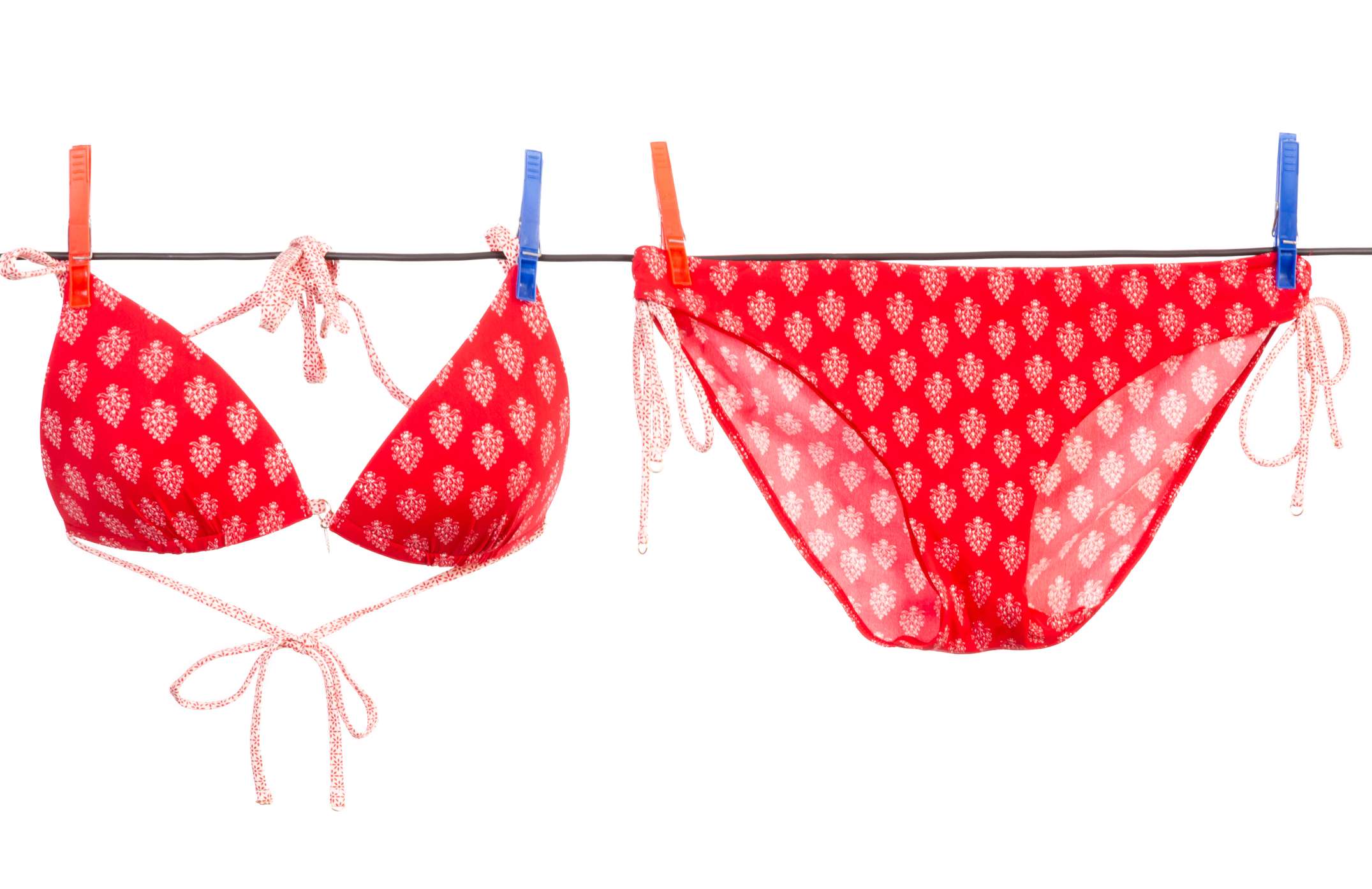Bikini Barista Lawsuit Defends Freedom to Espresso Oneself
A group of coffee industry workers sues Everett, Wash. over city's new anti-bikini ordinances.


Earlier this week, a group of eight women who work in the coffee industry sued the city of Everett, Wash. in federal court. The plaintiffs allege a pair of new Everett laws are unconstitutionally vague and infringe on the plaintiffs' freedom of expression; right to privacy, personal autonomy, and liberty; and substantive due-process rights.
The laws, adopted last month and implemented this month, are intended to crack down on the so-called "bikini barista" phenomenon that's popular in Western Washington State. The lawsuit defines the business model as centering on baristas who "wear bikinis while serving coffee to customers in their cars through a drive-through window." The Stranger, a free Seattle weekly, defines it similarly as "the Pacific Northwest custom of wearing a bikini while working at a commercial coffee business."
The first law "prohibits women from exposing 'more than one-half of the part of the female breast located below the top of the areola'" or anyone from showing the "bottom one-half of the anal cleft.'" Under the law, women in particular could be subject to intrusive and demeaning bodily inspections. Those who are found to be in violation of the law face stiff fines and up to one year in jail.
The second law specifically targets bikini barista stands. It requires drive-thru espresso baristas—all of Everett's bikini baristas are women—"to cover completely their upper and lower body, including the pectorals, stomach, back below the shoulder blades, and the 'top three inches of legs below the buttocks.'"
These laws are patently dumb, moralistic, and theocratic in nature. As the lawsuit also alleges, they're also unconstitutional.
In order to learn more, I drove up from my home in Seattle earlier this week and visited one of the city's bikini espresso joints (with my friend's 70-year-old mom, to boot). It would be my first trip to one of the establishments.
My first stop, though, was at a fully clad espresso stand on the city's south side. The barista there, a woman, said she had no opinion on the lawsuit, but told me nevertheless that she thought baristas should be free to wear whatever they want at work.
I then drove across the street to Hillbilly Hotties, one of the city's bikini espresso stands. The barista there, wearing a Santa Claus themed bikini—complete with matching Santa hat—told me she didn't want to comment on the suit. But she gave me the phone number of Jovanna Edge, the lead plaintiff in the lawsuit and owner of Hillbilly Hotties and other bikini espresso stands.
I spoke with Edge on Wednesday.
Edge, who describes herself as "very conservative," tells me she and her co-plaintiffs filed suit because the city "enacted this dress code that was obviously against our First and Fourteen Amendment rights, and we shouldn't have to abide by their morals and values. They shouldn't be able to infringe upon everybody else's beliefs."
She told me she was shocked by the city law.
"I can't believe this actually passed," Edge said. "I never thought it would."
Shocking, too, is some of the language in the law. For example, I'd never heard the term "anal cleft" until reading about the lawsuit.
"I still don't know what that is" Edge tells me. "Our attorneys didn't know what that is. I think it's the part right above your butt crack. But I really don't know."
In a somewhat surreal conversation—my columns tend to focus on food law and policy issues like farm subsidies and menu labeling, rather than butt cracks—I came to understand the term is largely synonymous with the colloquial "plumber's butt."
I searched but could find no moralistic plans in Everett to crack down on the butt cracks of plumbers in the city. The same goes for Everett's own workers. A city-owned pool's website currently boasts several photos of women in bathing suits. The Facebook page for the city's Parks & Recreation Department, too, features many such photos.
You can judge for yourself the morality of posting such photos online. I don't find anything wrong with them. But, as the lawsuit notes, the law "prohibits women in 'Quick Service Facilities including Barista Stands' from wearing exactly what women typically wear in public on a warm summer day."
Absolutely. And the city's posting of such photos on its own websites make Everett's position on the bikini baristas seem laughably hypocritical, in addition to all of the claims the lawsuit lobs against the city laws.
Everett has been targeting bikini baristas for several years. And it's true that some bikini baristas have been charged with criminal conduct over the years. But targeting an entire segment of society because a few members of that segment have been bad apples would likely result in laws that would close down every American business, church, and branch and office of our federal, state, and local governments.
Outside of any legitimate health and safety concerns, a city shouldn't care what its baristas wear. And, as Reason's Elizabeth Nolan Brown noted earlier this week, Everett "isn't claiming that the regulations serve any food safety or public health purposes." Even if busybody elected officials do care about the attire of clothed baristas—or clothed plumbers or beachgoers, for that matter—they should keep their concerns to themselves and not impose their subjective and arbitrary morality on the rest of us.


Show Comments (21)